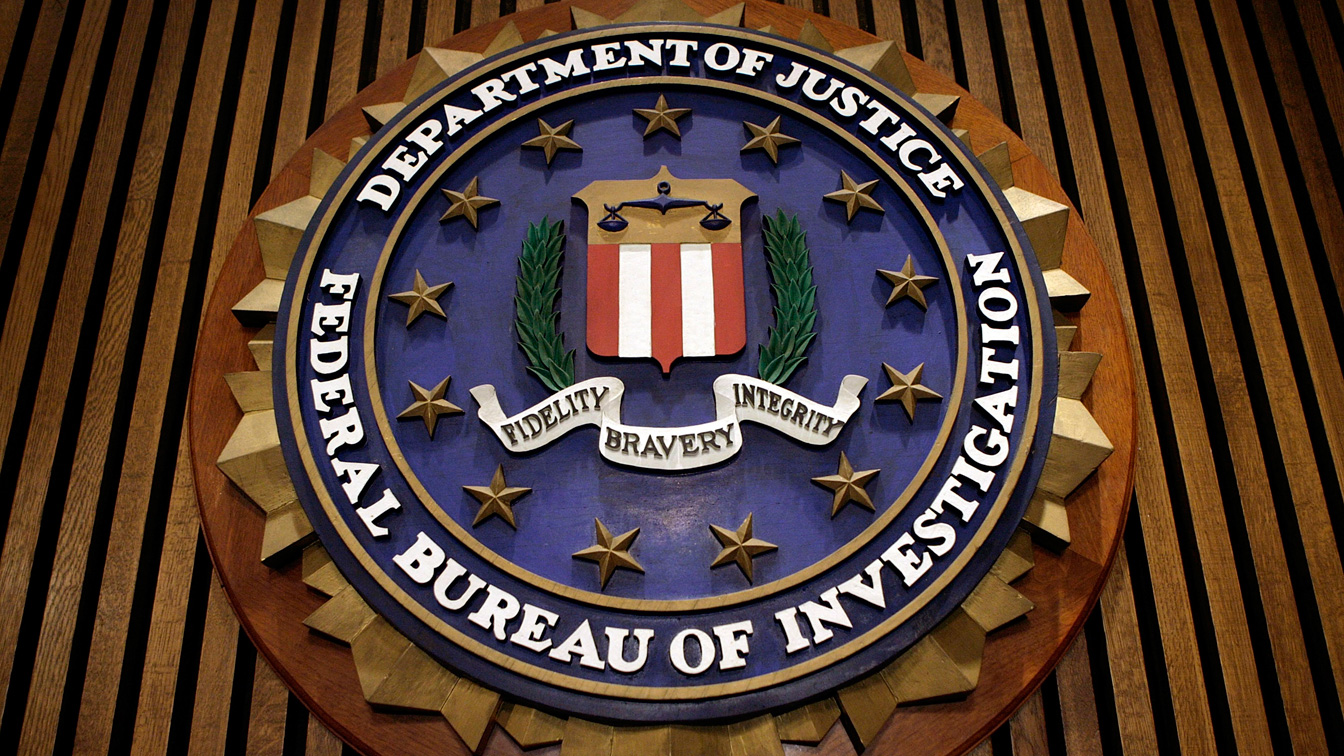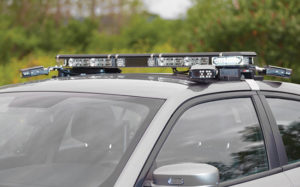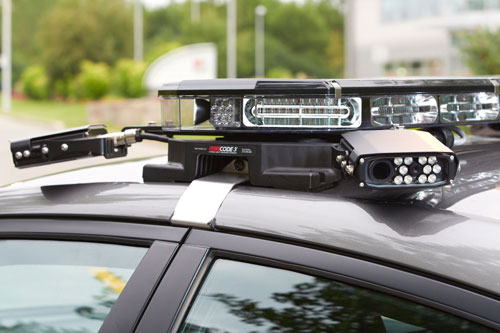 And, further, it doesn’t wish to be accountable.
And, further, it doesn’t wish to be accountable.
First, the background information from FCW.com:
House seeks clarity on FBI facial recognition database
by Matt Leonard
The FBI has expanded its access to photo databases and facial recognition technology to support its investigations. Lawmakers, however, have voiced a deep mistrust in the bureau’s ability to protect those images of millions of American citizens and properly follow regulations relating to transparency.
Kimberly Del Greco, the deputy assistant director of the FBI’s Criminal Justice Information Services Division, faced tough questioning from both sides of the aisle at a March 22 hearing of the House Committee on Oversight and Government Reform.
Stop. This is the same privacy issue I have with the utilization of LPR (License Plate Recognition) technology by law enforcement agencies locally and nationally. LPR systems, mounted on the roofs of enforcement vehicles, rapidly collect and analyze  visual information, the license plates of vehicles, in order to determine their status, either stolen or wanted due to criminal activity. In essence, there is yet no limitation on what can or must be done with this information. It can and is shared with abandon between agencies — not just law enforcement — and the technology has the ability to track vehicles and place them at certain locations at precise times. Though you, the driver, have committed no crime.
visual information, the license plates of vehicles, in order to determine their status, either stolen or wanted due to criminal activity. In essence, there is yet no limitation on what can or must be done with this information. It can and is shared with abandon between agencies — not just law enforcement — and the technology has the ability to track vehicles and place them at certain locations at precise times. Though you, the driver, have committed no crime.
With more LPR systems installed on law enforcement vehicles, the issue of privacy becomes even more impacted. At present there is policy, not law, regarding LPR collection.
The FBI’s use of facial recognition technology was called into question last year after the Government Accountability Office issued a report saying the bureau had not updated its privacy impact assessment when the Next Generation Identification-Interstate Photo System “underwent significant changes.”
Now that you have an idea of the issue at hand, please watch the video in which Jason Chaffetz attempts to acquire some sort of cooperation or sense from Del Greco.
“So here’s the problem,” said Rep. Jason Chaffetz (R-Utah), the committee chairman. “You’re required by law to put out a privacy statement and you didn’t and now we’re supposed to trust you with hundreds of millions of people’s faces.”
The FBI’s NGI-IPS allows law enforcement agencies to search a database of over 30 million photos to support criminal investigations. The bureau can also access an internal unit called Facial Analysis, Comparison and Evaluation, which can tap other federal photo repositories and databases in 16 states that can include driver’s license photos. Through these databases, the FBI has access to more than 411 million photos of Americans, many of whom have never been convicted of a crime.
Fingerprints, DNA, photographs, license plates. All ways that law enforcement can identify, follow and track you. All of them impacting your privacy.
Jason Chaffetz also revealed a vitally-important aspect of technological programs that collect massive amounts of information: social media. Will it collect from that?
More importantly, who answers when the information becomes corrupted, is erroneous, provides incorrect analysis or becomes hacked, compromised or distributed itself?
The GAO report said the FBI was not testing the accuracy of its system on a regular basis and has not done testing to ensure that the system provides accurate results for “all allowable candidate list sizes.”
Multiple witnesses, including Jennifer Lynch, the senior staff attorney at the Electronic Frontier Foundation, and Alvaro Bedoya, executive director at the Center on Privacy and Technology at Georgetown Law, said that facial recognition technologies have provided false positives more regularly for women, younger individuals and people of color.
“That is due to the training data that is used in facial recognition systems,” Lynch said. “Most facial recognition systems are developed using pretty homogeneous images of people’s faces, so that means mostly whites and men.”
Perfect. A racist system that violates your privacy as well.
The point of displaying the video here on the blog is so that you formulate an idea of how difficult it is to acquire anything even remotely resembling the truth from government agencies and, in this case, the FBI, which is an arm of the Department of Justice. Remember what Jason Chaffetz said:
The FBI’s failure to update the privacy impact assessment, Chaffetz added, was yet another reason not to trust the agency with ordinary Americans’ personal information.
The federal government continually says that its citizens must trust it or there will be a gap of confidence. It implores America to have faith and belief. Yet it does nothing whatsoever to discourage citizens from thinking this way or disabuse us from questioning most everything it does.
What do you truly have as a country when the FBI proves it does not obey the law and, by dint of that, the Department of Justice? The FBI and the rest of the alphabet agencies continue to prove they cannot be trusted as they serially dissemble, dodge, evade, withhold, distract, lie and, moreover, politicize every aspect of their activities.
Then deny it all.
We are coming to a tipping point, ladies and gentlemen, not just here in America but throughout the rest of the world, with regard to big government. We have a trust crisis, a budget crisis and even a crisis of legitimacy.
Government fails to understand the criticality.
Who watches the watchers?
No one.
BZ






